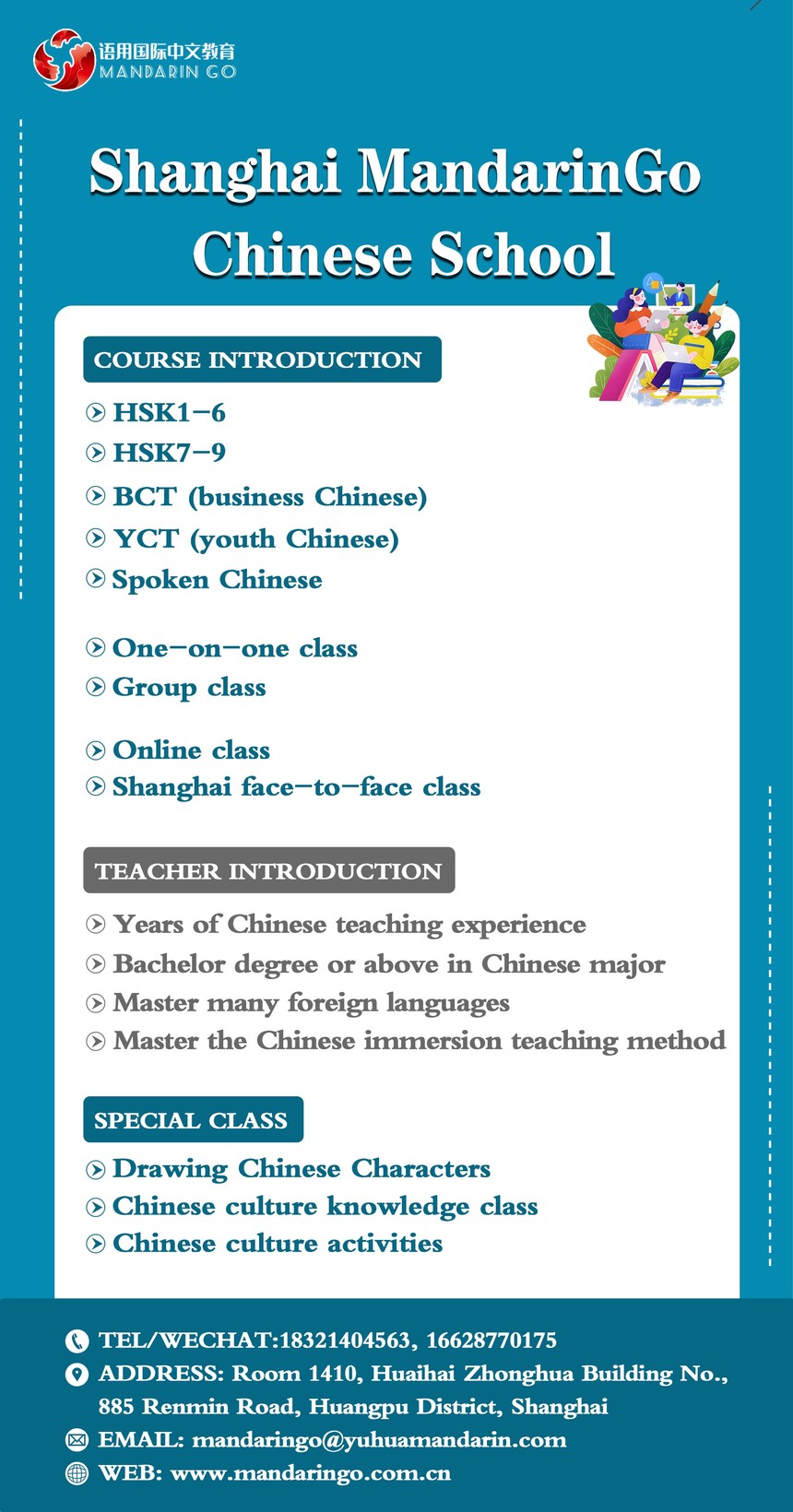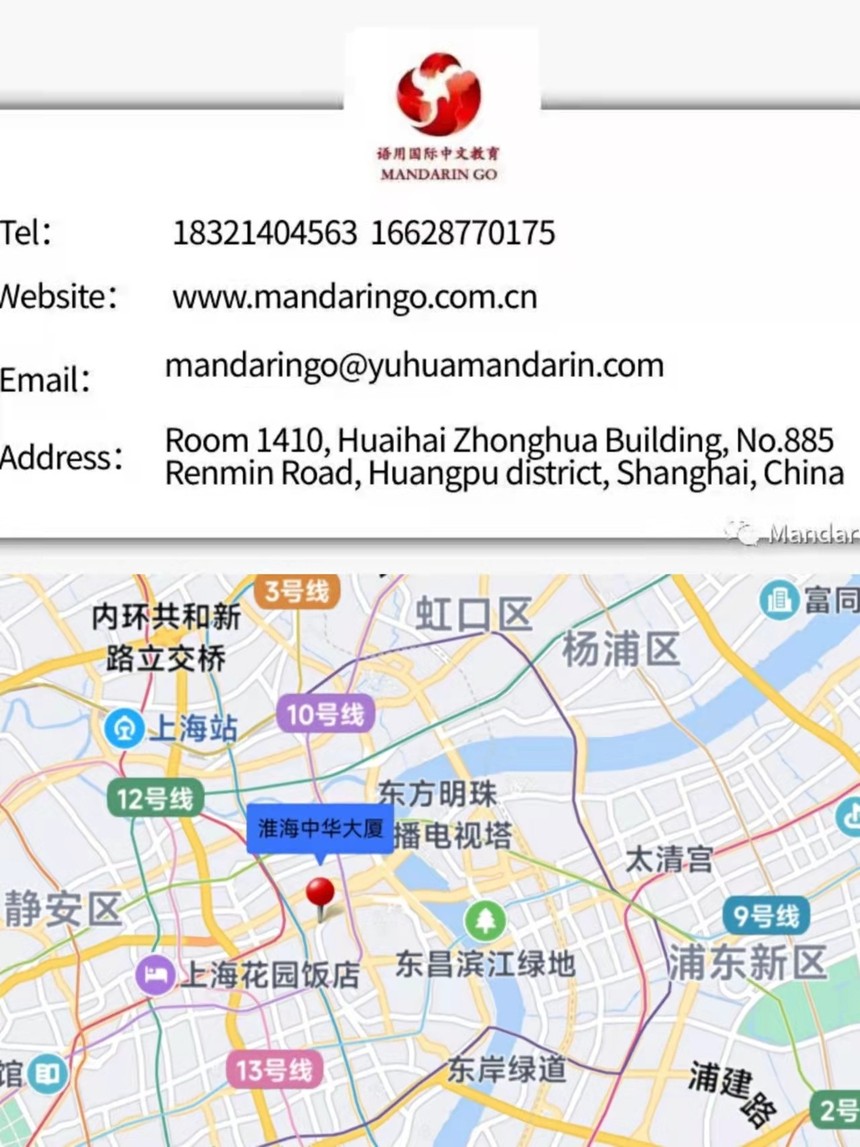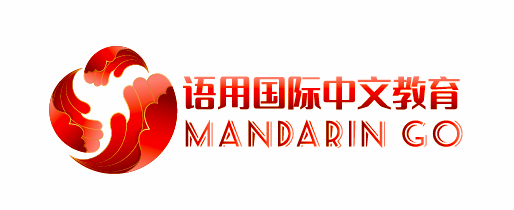
Follow Us ☝
The Ghost Festival, also known as the Hungry Ghost Festival, is a traditional Chinese festival and holiday celebrated by Chinese in many countries. In the Chinese calendar, the Ghost Festival is on the 15th night of the seventh lunar month (14th in southern China).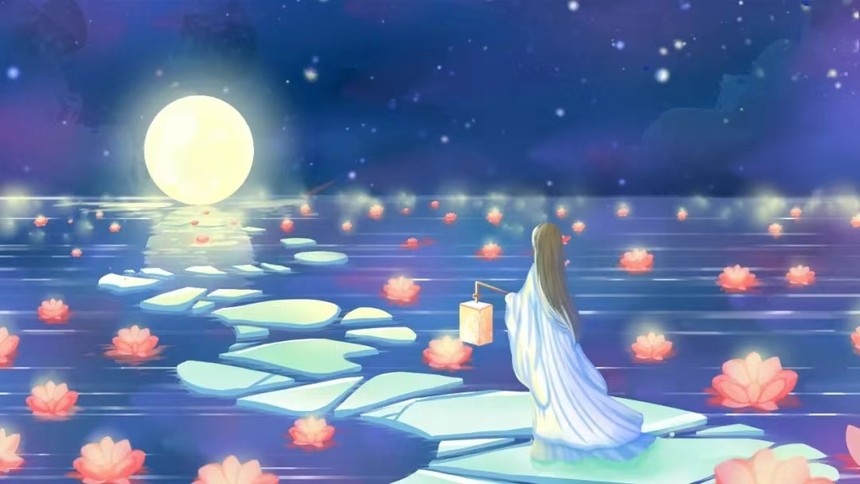
In Chinese tradition, the fifteenth day of the seventh month in the lunar calendar is called Ghost Day and the seventh month in general is regarded as the Ghost Month(鬼月),in which ghosts and spirits, including those of the deceased ancestors, come out from the lower realm. Distinct from both the Qingming Festival (in Spring) and Chung Yeung Festival (in Autumn) in which living descendants pay homage to their deceased ancestors, on the Ghost Day, the deceased are believed to visit the living.

On the fifteenth day the realms of Heaven and Hell and the realm of the living are open and both Taoists and Buddhists would perform rituals to transmute and absolve the sufferings of the deceased. Intrinsic to the Ghost Month is ancestor worship, where traditionally the filial piety of the descendants extends to their ancestors even after their deaths. Activities during the month would include preparing ritualistic food offerings, burning incense, and burning joss paper, material items such as clothes, gold and other fine goods for the visiting spirits of the ancestors. Elaborate meals(often vegetarian meals)would be served with empty seats for each of the deceased in the family, treating the deceased as if they are still living.
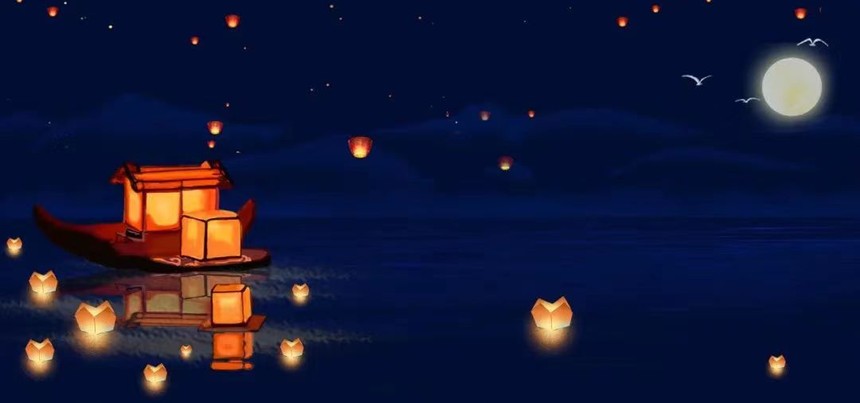
Ancestor worship is what distinguishes Qingming Festival from Ghost Festival because the latter includes paying respects to all deceased, including the same and younger generations, while the former only includes older generations. Other festivals may include buying and releasing miniature paper boats and lanterns on water, which signifies giving directions to the lost ghosts and spirits of the ancestors and other deities.
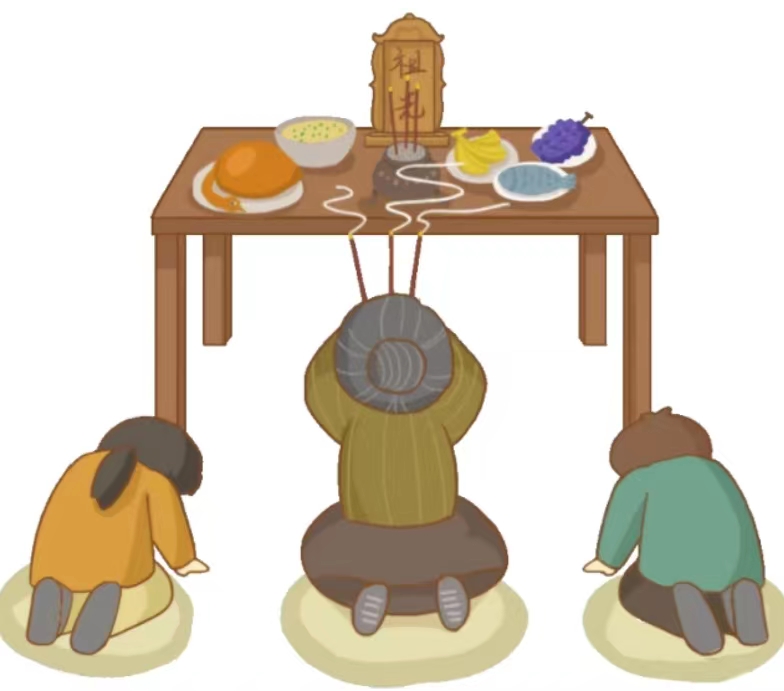
When the festival sets in, a sacrificial altar and a chair are built for the Buddhist priest either at street entrances or in front of villages. In front of the chair sets the statue of the king of Hell Di zang. Under it are plates of flour-made rice and peaches. On the sacrificial alter are three spirit tablets and three funeral banners. 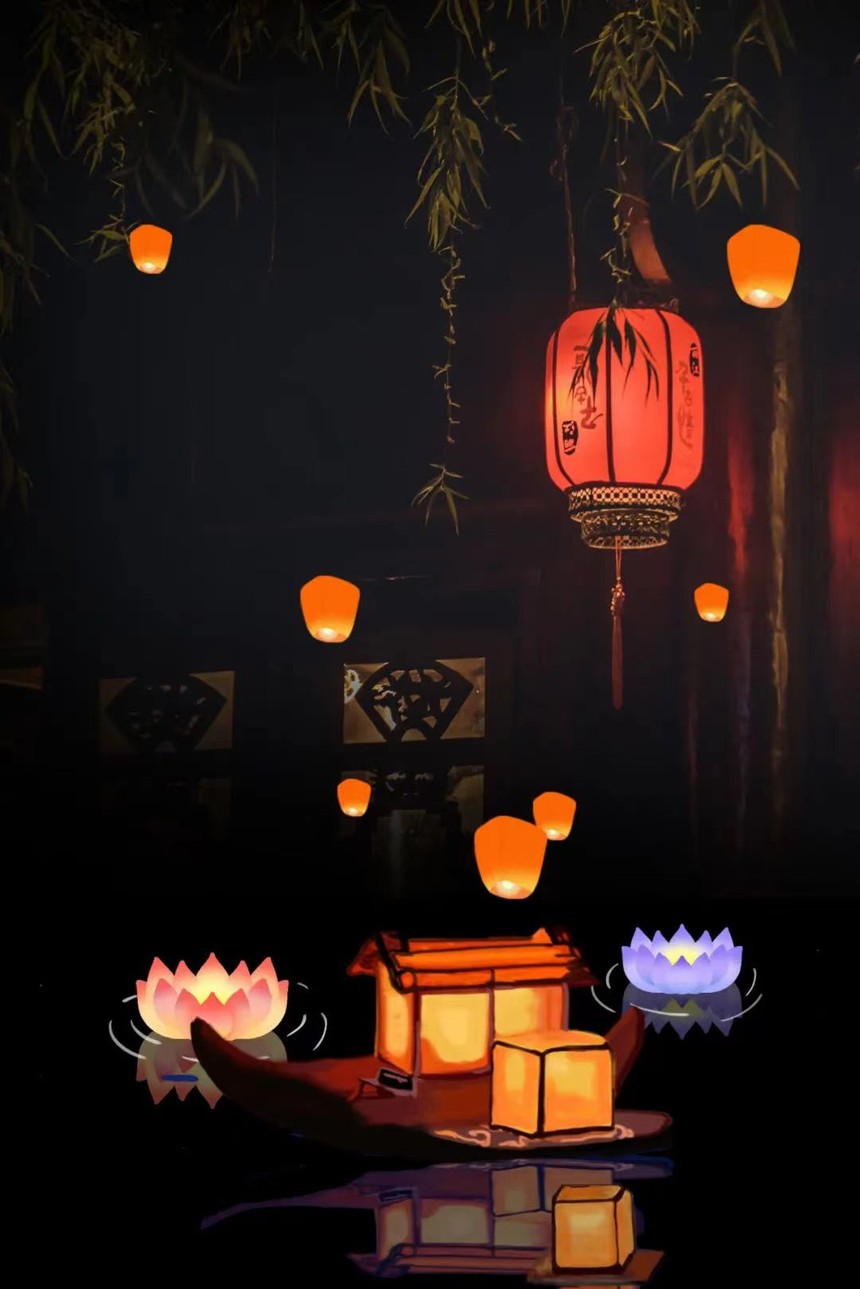
After noon, pigs, sheep, chicken, geese and cakes, fruits of all kinds donated by households are displayed on the altar. On every sacrifice the Buddhist priest will put a triangular paper banner of three colors with special characters. After the rite gets started in solemn music, the priest will strike the bell to call back the souls, other monks singing chimes of incantations. Then he will throw the rice and peaches into the air in all directions to distribute them to the souls.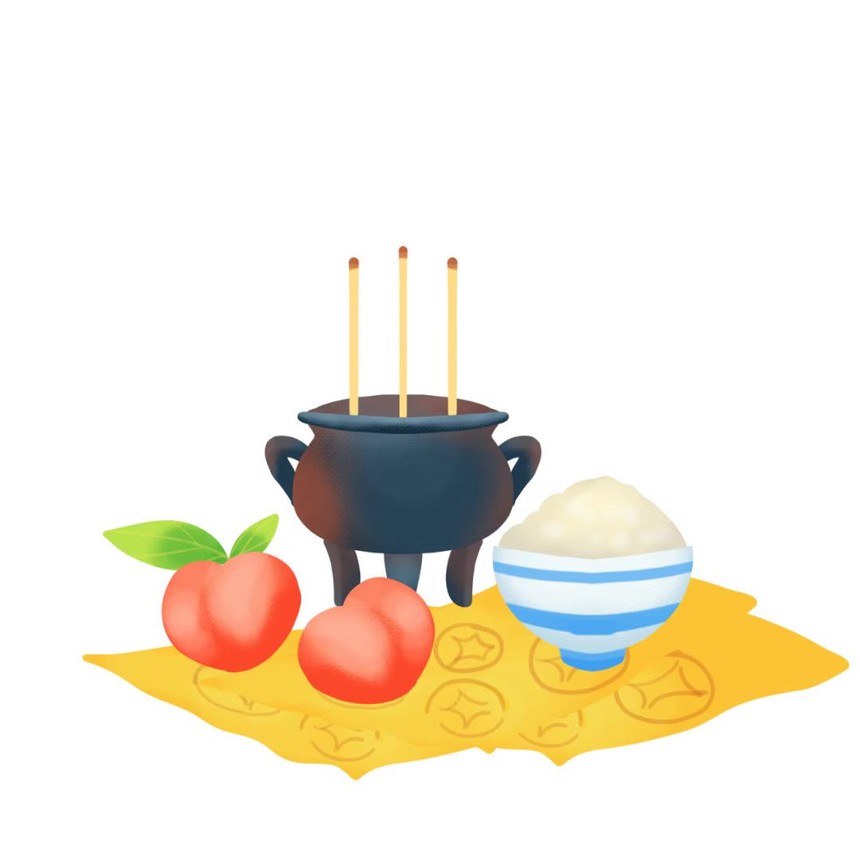
At night, incense is burnt in front of the door of each household. The more incense, the better, for the amount of incense stands for the degree of prosperity. In some places, people flow water lanterns. Such lanterns are made by setting a louts flower-shaped lantern on a piece of board. According to the Chinese tradition, the lanterns are used to direct the ghosts. Ghosts find their way back when the lanterns are out. On the festival, all shops are closed to leave the street to the ghost. In the middle of each street, an altar of incense is set every 100 paces with fresh fruits and sacrifices displayed on it. Behind the altar, the monks will sing songs that only the ghosts can understand. This rite is called shi ge, meaning singing ghost songs.
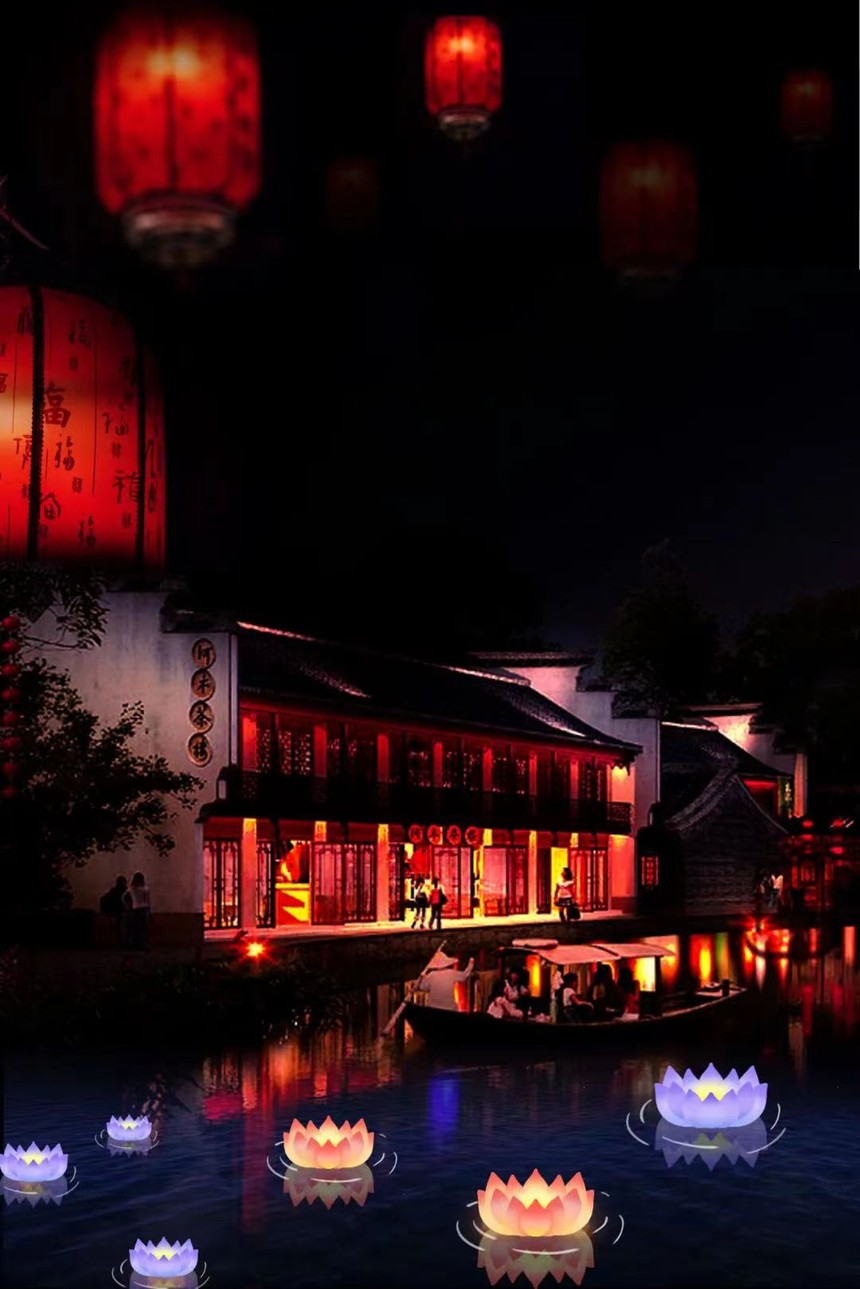
To learn more about Chinese and discuss it with Chinese teachers, book a free trial class with Mandarin Go 👇

